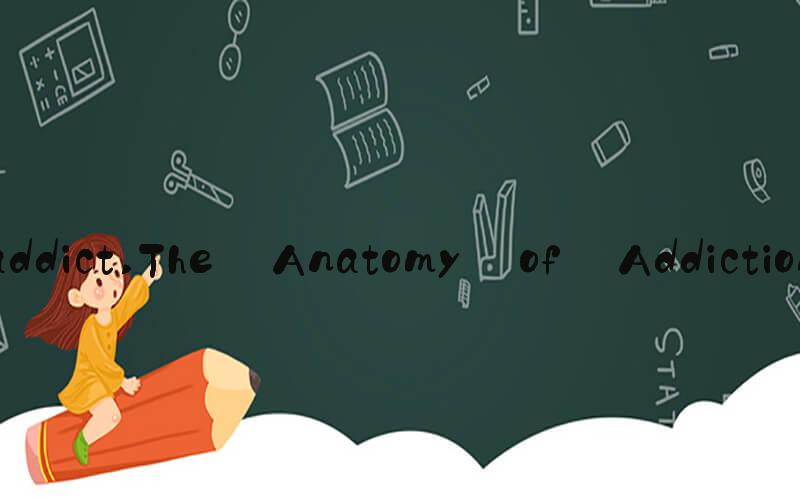 Addict: A Dark Spiral
Addict: A Dark SpiralBeing an addict is like falling into a dark spiral. It's a never-ending cycle of craving, chasing and disappointment. It's a trap that ensnares people from all walks of life, regardless of their social status, gender, or age. Addiction is not just a physical dependence on a substance, but also a psychological need that can take hold of a person's mind and soul. In this article, we will explore addiction and its impact on individuals, communities, and society as a whole.
The Anatomy of AddictionAddiction is a complex phenomenon that defies a simple explanation. At its core, addiction is a compulsive behavior that involves the repeated use of a substance or engagement in a behavior despite the negative consequences. The substance or behavior can range from drugs, alcohol, nicotine to gambling, shopping, or even sex. Addiction alters the structure and function of the brain, causing long-term changes in its chemistry and behavior. With repeated use, the brain develops a tolerance to the substance, leading to a higher dose requirement to achieve the same effects.
Trapped in the CycleFor addicts, the cycle of addiction can feel like a never-ending cycle. It starts with the urge or craving to use the substance or engage in the behavior, which leads to a brief moment of pleasure and euphoria. However, this is quickly followed by a sense of guilt, shame, or emptiness, leading to depression, anxiety, or even suicidal thoughts. This, in turn, fuels the urge to use the substance or behavior again and the cycle continues. As the addiction progresses, the negative consequences become more severe, including physical health problems, financial ruin, legal issues, and strained relationships with family and friends.
The Impact on CommunitiesWhile addiction affects individuals, it also has a significant impact on communities. Addiction can lead to increased crime rates, unemployment, homelessness, and strained social services. The burden of addiction falls disproportionately on marginalized communities that lack access to substance abuse treatment, mental health services, and other resources. Addiction can tear communities apart, leading to communal strife, distrust, and apathy. Addressing addiction requires collective action, involving government, civil society, and the private sector.
A Call to ActionAddiction is a public health crisis that requires urgent attention and action. We need to address the root causes of addiction, including social, economic, and psychological factors. We need to invest in prevention, education, and treatment programs that provide evidence-based interventions and support. We need to reduce the stigma associated with addiction and create a supportive and empathetic environment for recovery. Finally, we need to remember that addiction is not a moral failing or a weakness, but a chronic disease that requires ongoing care and support.
In conclusion, addiction is a dark spiral that can consume individuals, communities, and society as a whole. However, with education, awareness, and action, we can break the cycle of addiction and create a healthier and happier world for all.
